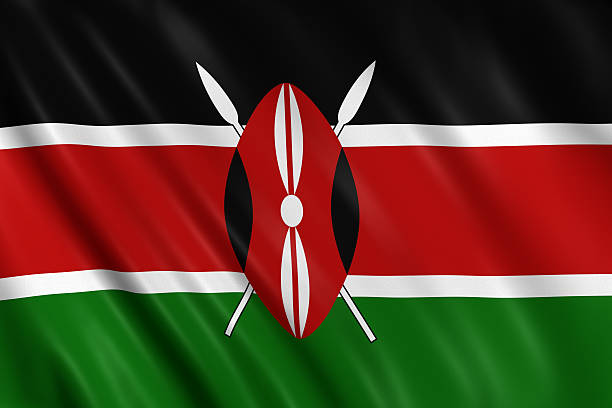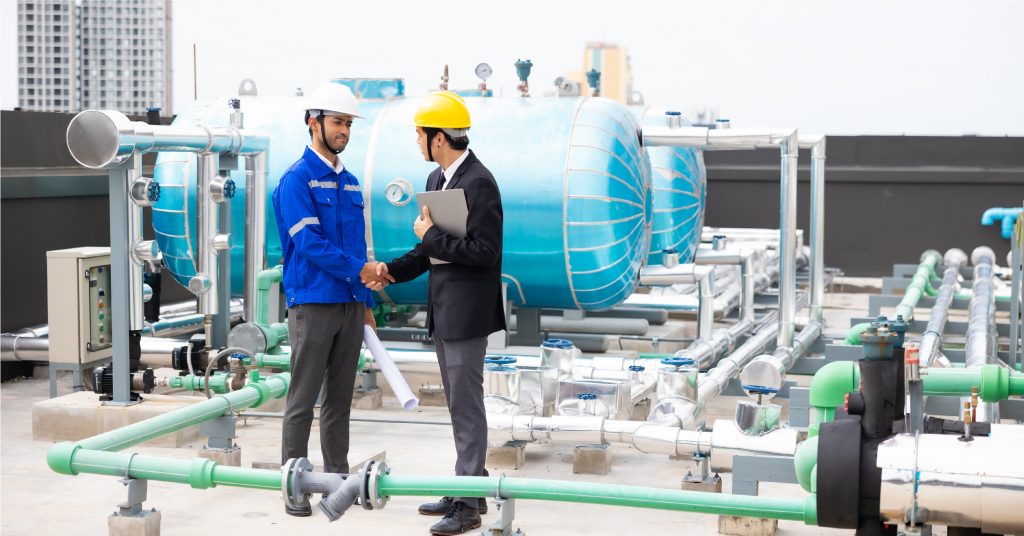Water purity is crucial for various industries and applications worldwide, including Kenya. As industries grow and the demand for clean water rises, the need for advanced water treatment solutions becomes evident. Among these, deionized water stands out as an essential resource. But what is deionized water, and how does it compare to distilled water?
In this blog, we’ll explore the benefits, applications, and differences between deionized water and distilled water, as well as the importance of a reliable deionized water system in Kenya.
What Is Deionized Water?
Deionized water, also known as demineralized water, is water that has undergone a process to remove all ions, including minerals and salts. Through a specialized deionized water system, water passes through ion exchange resins that replace positively charged ions (like calcium and magnesium) with hydrogen and negatively charged ions (like chloride and sulfate) with hydroxide. The result is water that is free from dissolved minerals and other impurities.
Deionized water is different from regular purified water because it specifically targets ionic impurities. It is widely used in applications that require ultra-pure water, where even trace amounts of minerals can affect processes or outcomes.
Applications of Deionized Water in Kenya
Deionized water has a wide range of applications across various industries in Kenya. Its exceptional purity makes it indispensable in processes that demand contaminant-free water.
1. Industrial Processes
Many industries in Kenya rely on deionized water for manufacturing, cleaning, and chemical processing. In electronics manufacturing, for instance, deionized water is used to rinse components to prevent residue buildup, which could interfere with performance.
2. Laboratories and Pharmaceuticals
In laboratories, deionized water is crucial for experiments, preparation of reagents, and cleaning of equipment. Its purity ensures accurate results by eliminating interference from dissolved ions. Similarly, in the pharmaceutical industry, deionized water is used in the production of medications to meet strict quality standards.
3. Automotive and Battery Production
Deionized water is a critical component in automotive battery manufacturing and maintenance. The absence of minerals prevents scaling and ensures that batteries function efficiently. This is particularly relevant in Kenya, where the automotive industry is rapidly growing.
4. Cosmetics and Personal Care
In the production of cosmetics and personal care products, deionized water is used as a base ingredient to prevent reactions between minerals and active compounds. This ensures the stability and effectiveness of products like lotions, shampoos, and creams.
5. Power Plants
Kenyan power plants, especially those operating boilers and turbines, require deionized water to prevent scaling and corrosion. High-purity water improves efficiency and extends the lifespan of equipment.
6. Food and Beverage Industry
In the food and beverage industry, deionized water is used for cleaning equipment and preparing products to ensure safety and consistency. Its mineral-free nature prevents contamination during production.
Benefits of Using Deionized Water
The use of deionized water offers numerous advantages, particularly in industrial and scientific settings.
- High purity: The removal of minerals and salts ensures water is free from impurities that can affect processes.
- Cost-effectiveness: While the initial investment in a deionized water system may be significant, the long-term savings in maintenance and operational costs make it worthwhile.
- Versatility: Deionized water can be used in a variety of applications, making it a flexible solution for multiple industries.
- Environmentally friendly: Using deionized water reduces the need for harsh chemicals in cleaning and production processes, minimizing environmental impact.
Distilled Water vs Deionized Water: Which Is Better for Kenya?
When considering distilled water vs deionized water, the choice depends on the specific needs of the user. Distilled water is suitable for general applications, while deionized water is preferred for precision-oriented tasks that require ultra-pure water. Industries in Kenya, especially those in pharmaceuticals, electronics, and power generation, benefit significantly from deionized water due to its superior purity.
Ion Exchange: Leading the Way in Superior Deionized Water Solutions
INDION EDI
The INDION Electrodeionisation (EDI) System from Ion Exchange delivers consistent, high-purity water without the need for chemical regeneration, making it both cost-effective and hassle-free. This robust and reliable system integrates the proven technologies of electrodialysis and ion exchange resin deionization, offering a continuous process for producing ultrapure water using ion exchange membranes, resins, and electricity. With features like minimal maintenance and reduced operational costs, the INDION EDI System ensures a steady supply of ultrapure water, making it an ideal solution for various industrial applications.
INDION HEMO
INDION HEMO, a state-of-the-art solution from Ion Exchange, is designed to deliver ultrapure water essential for safe and effective artificial kidney dialysis. Adhering to the stringent standards set by AAMI, Indion HEMO undergoes a meticulous multi-stage treatment process, ensuring water is free from harmful mineral contaminants and bacterial endotoxins. This high-purity water mitigates the risk of adverse reactions such as nausea, vomiting, and muscle weakness in patients undergoing dialysis.
Additionally, our comprehensive wastewater management solutions not only guarantee water purity for dialysis but also promote sustainability and cost-efficiency through secondary water usage. Indion HEMO’s offerings include customizable single-pass and double-pass sanitary RO designs, hot water sanitizable RO membranes, and advanced technologies like ultraviolet disinfection, electro-deionization, and ultrafiltration, all aimed at ensuring the highest quality and safety in dialysis water systems.
Conclusion
Deionized water plays a vital role in various industries in Kenya, offering unparalleled purity and reliability. Whether for laboratories, industrial processes, or the food and beverage sector, deionized water ensures high-quality results and operational efficiency. Understanding the differences between deionized water and distilled water helps industries make informed decisions about the type of water purification best suited to their needs.


